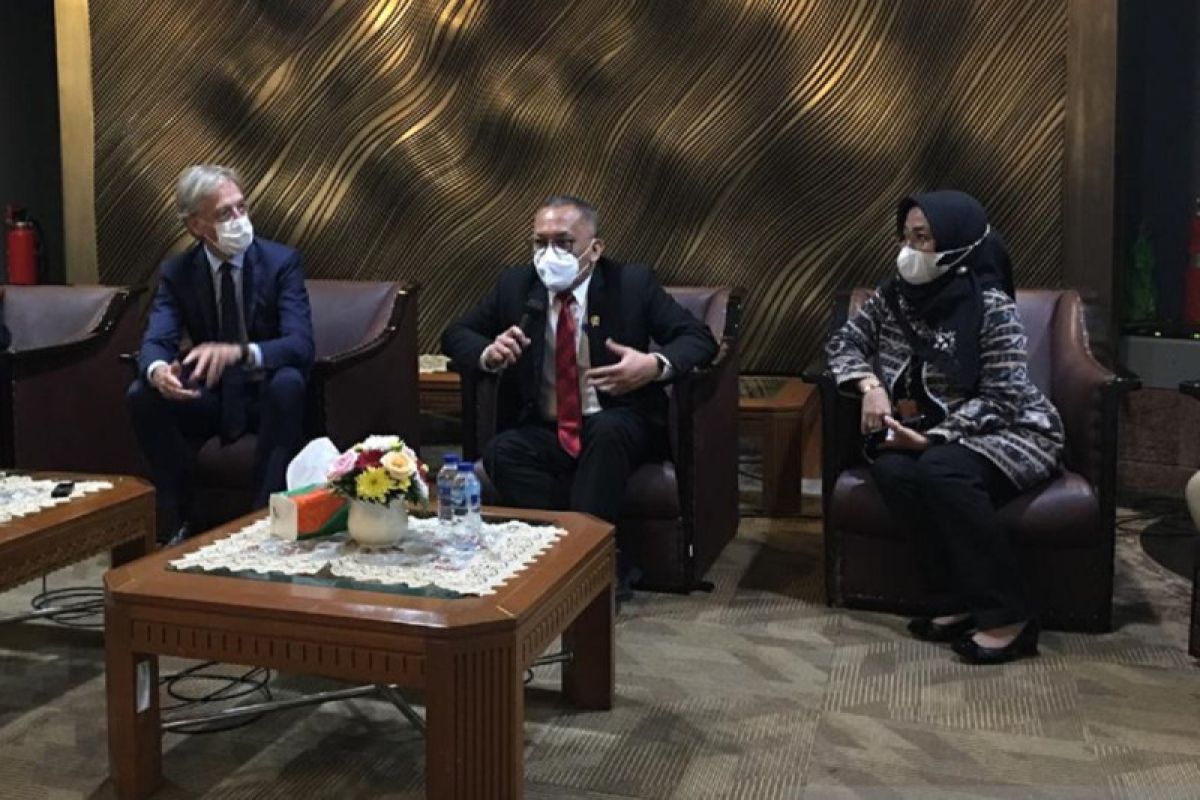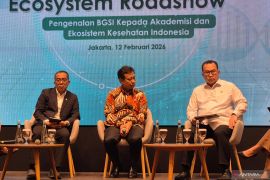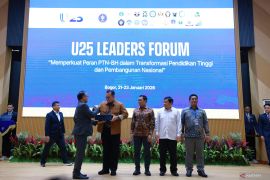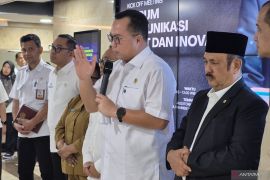Advancing biodiversity research on a molecular level is quite important for humanity's future, he remarked at a press conference at BRIN's office here on Thursday.
Indonesia can learn many things from the Netherlands on the subject since the Netherlands has many experts in that field.
Indonesia will immediately utilize cryo-EM to spur biodiversity research. To improve researchers' capacity for utilizing cryo-EM, BRIN will involve several experts from the Netherlands, he informed.
"We will have a new instrument that came from a Dutch company, namely cryo-EM, to conduct a much more advanced biodiversity research on the molecular level," Handoko said.
Related news: Indonesia, Netherlands strengthen collaboration in research, science
In the future, the cryo-EM device will become the main device for priority research activities related to biotechnology and molecular engineering, especially medical research.
With its help, information on proteins and complex protein structures can be obtained from a biological sample.
Cryo-EM technology can be utilized for research and innovation in structural biology, vaccine development, health, and biodiversity.
According to the United States' National Library of Medicine, cryo-electron microscopy is a structural biology method utilized to determine the 3D structure of biomacromolecules.
Cryo-EM is a microtechnology that utilizes a transmission electron microscope to observe samples at a low temperature.
By utilizing cryo-EM, researchers can investigate biomolecules at a resolution that approaches atomic levels, revealing dynamic biological processes and biomolecule complex structures in the process.
Earlier, Handoko received a visit from the Dutch Minister of Education, Culture, and Science, H.E. Robbert Dijkgraaf, and his entourage at the BRIN office here on Thursday.
During the meeting, a Letter of Intent (LoI) was signed by the Dutch Ministry of Education, Culture, and Science and BRIN on research and science cooperation.
Related news: BRIN invites industry to develop autonomous electric vehicle ecosystem
Related news: AII offers BRIN to cooperate for commercialization of inventions
Translator: Martha H S, Fadhli Ruhman
Editor: Suharto
Copyright © ANTARA 2022












